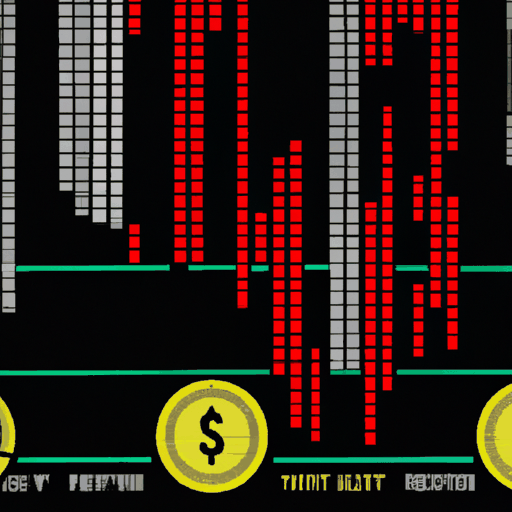
Senate Pushes Forward GENIUS Stablecoin Bill in Legislative Marathon
By: Eva Baxter
The United States Senate is making strides towards establishing a comprehensive federal framework for stablecoins, with the GENIUS stablecoin bill racing towards a floor vote ahead of the anticipated Memorial Day recess. A move led by Senate Majority Leader John Thune accelerates the decision-making process for the GENIUS Act, marking a pivotal phase in the ongoing discourse surrounding digital asset regulations in the country. The legislation, having cleared the Senate Banking Committee with a significant bipartisan vote, sets out definitive guidelines for the implementation and oversight of payment stablecoins.
The key features of the GENIUS Act include a mandate for stablecoins to maintain a 1:1 backing with cash or Treasury securities, and stipulations for monthly financial audits. Additionally, it assigns regulatory oversight to the Federal Reserve for large issuers, while accommodating smaller players through existing state-level pathways. The Act has garnered support from a trio of influential senators—Bill Hagerty, Cynthia Lummis, and Tim Scott—who argue that codifying these measures is essential for upholding the U.S. dollar's primacy and clarifying the regulations surrounding crypto assets.
This initiative comes amidst the backdrop of stablecoins becoming integral to the global digital finance landscape, now carrying a capitalization north of $241 billion. The leading players, Tether and Circle, dominate this sector. Advocates for the GENIUS Act contend that it would lend critical legal certainty, ensuring that these dollar-linked tokens bolster the crypto market while simultaneously supporting national debt demand through requisite reserve holdings.
Despite the forward momentum, opposition remains, notably from progressive Democrats and significant banking consortiums. Critics like Senator Elizabeth Warren caution against potential ramifications, suggesting the policy could inadvertently empower tech giants and conglomerates to mint their stablecoins. Furthermore, community banking organizations have expressed concerns about potential impacts on traditional deposits and the emergence of new systemic vulnerabilities.
With the Senate on the cusp of a crucial vote, the legislation faces hurdles not only from its immediate detractors but also in alignment with the House version, which proposes stricter transparency norms. Success in the Senate does not equate to an immediate victory, as the reconciliation process may extend negotiations into summer.
The GENIUS stablecoin bill's outcome will reflect on broader financial sovereignty and regulatory landscape decisions, critically influencing the United States' position in digital currency innovation and regulation. The approaching Senate verdict represents a crucial test of bipartisan collaboration and industry engagement in shaping the trajectory of digital asset legislation.



